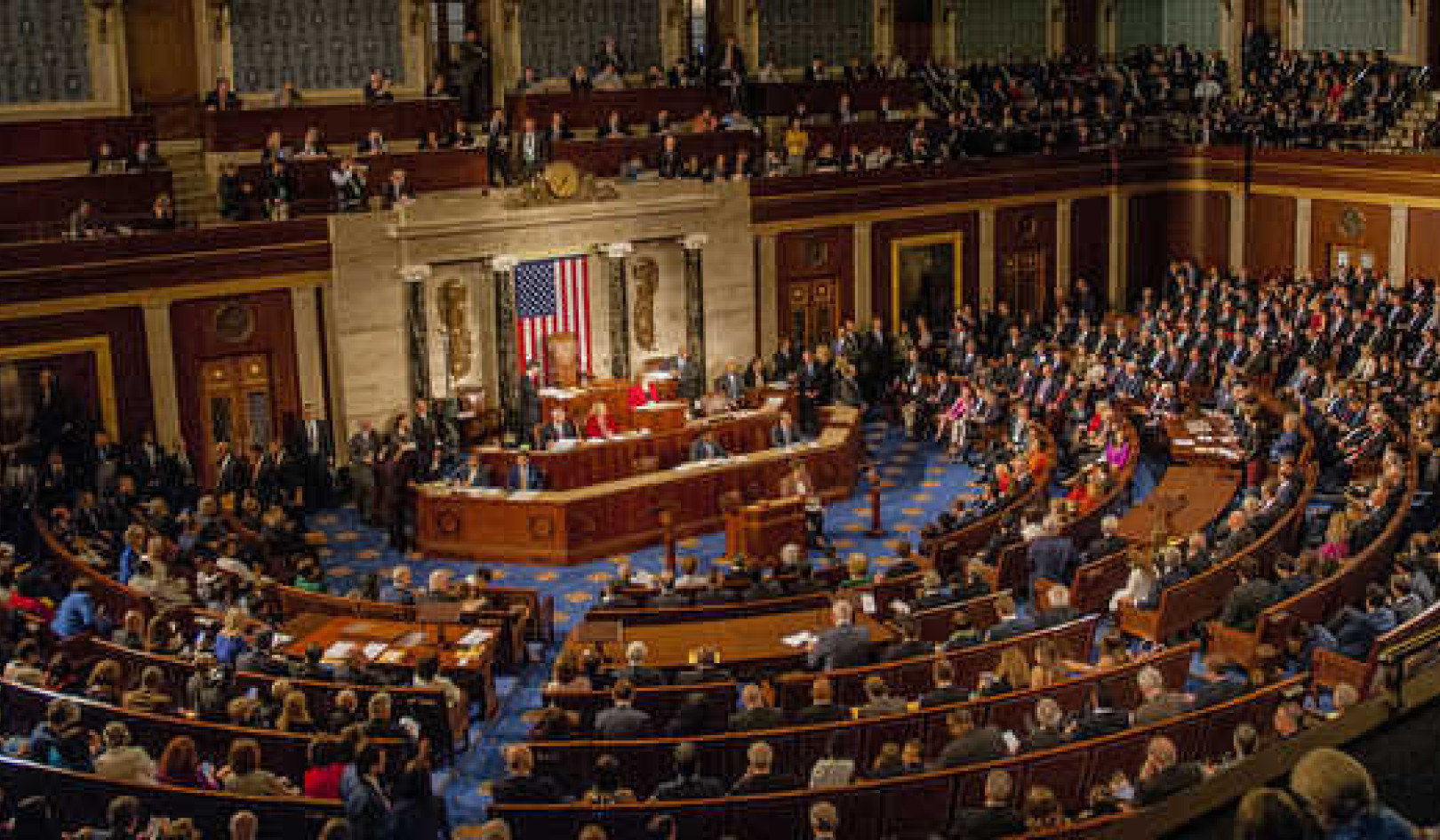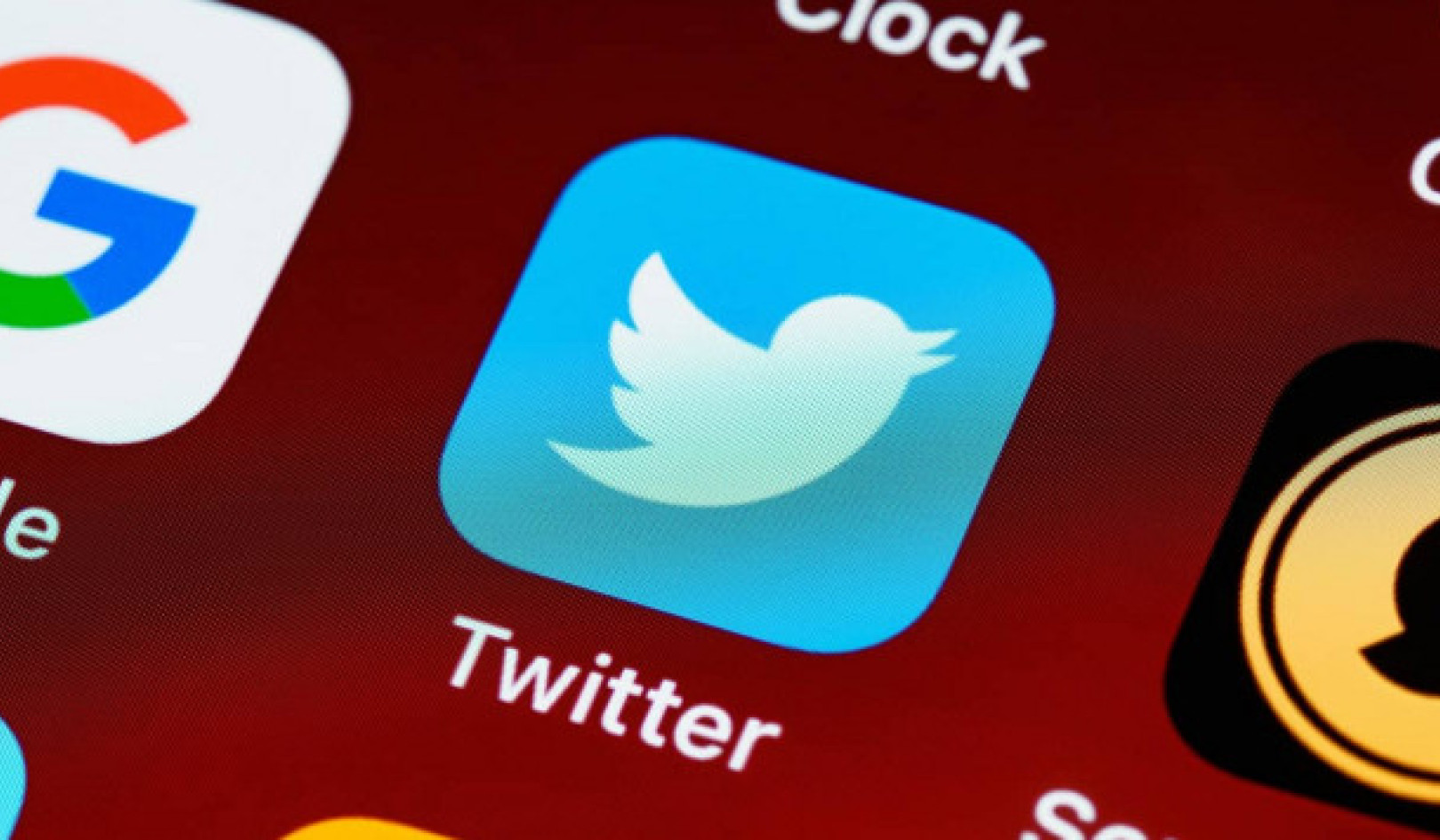
Image by Gerd Altmann
Over the years, many people have doubted the ability of individuals and organisations to bring about positive change in the newsroom; they have said things like this to me: ‘The news is the way that it is; you are never going to change it.’ But as playwright George Bernard Shaw so eloquently put it,
‘The reasonable man adapts himself to the world; the unreasonable one persists in trying to adapt the world to himself. Therefore, all progress depends on the unreasonable man.’
This book is an invitation to be unreasonable. Refuse to accept that there is only one way that the news should be; refuse to accept that negative news is the only narrative worth telling; refuse to accept that the news ‘is the way that it is’ and instead decide that it should be more balanced in its coverage. And then start making changes and choices that reflect this.
There are six effective ways we can change our media diet in a way that will help us become more informed, engaged and empowered:
- Become a conscious consumer
- Read/watch good-quality journalism
- Burst your filter bubble
- Be prepared to pay for content
- Read beyond the news
- Read solutions-focused news
1. Become a conscious consumer
The freedom of the press is sacrosanct in most modern-day democracies. This freedom provides an awfully long lead on what kind of product they are able to produce. They have almost free reign to exploit our appetite for sensationalised bad news.
However, we must remind ourselves that all freedoms come with responsibility. As we become increasingly aware of the potential harmful effects of the news, we should be asking more questions about the responsibility of news organisations.
While the media is a formidable force in holding others to account, they are not very good at turning the lens on themselves. So, we ask ourselves, who holds the media accountable? The answer is: we do. Journalists need an audience; without them their product is worthless.
In the pursuit of profit, news organisations will continue to seek audience engagement. It is up to us to be conscious about what we engage with.
It is uncomfortable to think that our consumer choices may have contributed to the growth of the excessive negative news narrative we have today. But it is important to note that if our actions are powerful enough to steer the news in a negative direction, they can also be powerful enough to guide the news in a new direction.
In the words of media mogul Rupert Murdoch, news organisations are just ‘giving the people what they want’. Well, let us change what we want, and they will give us something different!
As news consumers, we can be the first ones to drive change by fully embracing solutions-focused news as part of our balanced media diet. This change can improve our individual psychological well-being but can also, as a side effect, motivate the industry to meet this new demand.
It was Nelson Mandela who said, ‘Education is the most powerful weapon which you can use to change the world.’ Once we are educated about the helpful and harmful effects of the news, we are equipped to shift from being consumers to being conscious consumers. Wilbur Schramm, a sociologist researching the relationship between news and national development, said, ‘Change will not take place unless those who are expected to change know and accept the reasons, the methods, and the rewards for changing.’ Those of us who learn the ‘why’ of anything will always find the ‘how’.
If information is to the mind what food is to the body, then it is time we become aware of the impact of our informational diet on our mental health. If we are able to transcend the immediate pleasure we get from reading about the latest scandal and recognise that we need better quality information along with more variety in our diet – including solutions-focused news – we will have the power to force this kind of journalism into the mainstream through our consumer demand for it.
2. Read/watch good-quality journalism
One of the biggest challenges for news organisations in recent years has been creating a new business model for monetising news in a digital age. They have been forced to adapt. Fox News had the most successful adaptation, with its ‘news’ programme now ranked number one in the US based on ratings. Its success has been achieved with a third of the staff that CNN had at the time and at a fraction of the price.
Fox’s business model relied on creating TV personalities that people could identify with and trust rather than creating well researched journalism. This is a much less expensive strategy and it is much more engaging, as people like people who think like them, and it has been replicated by other news organisations in a bid to gain larger audiences.
Under this new model, organisations are investing in production, marketing and data analysis at the expense of good-quality yet time-consuming investigative reporting. By replacing expensive journalists with audience engagement teams, social media experts and data analysts, they are shifting from being news companies that use tech, to tech companies that broadcast news. This is a huge change of purpose that should not be overlooked. It might help the organisations survive, but it means good-quality journalism is in danger.
In a bid to win larger audiences the industry is prioritising fast-paced, sensationalised, fear-inducing fluff. This is because news organisations have a responsibility to their shareholders to maximise profits by having the largest audience possible in order to earn more from advertising. News companies, therefore, can be incentivised to prioritise the most profitable information over the most important.
If consumers demand something better, this will enable the industry to provide something better. If quality journalism – which relies on expertise, fact checking, investigation, time and resources – disappears then we are all in trouble. In order to vote and participate as members of society we need to understand our actions and their implications, both domestically and on the global stage. Without a trustworthy press we run the risk of making many important personal and political decisions based on guesswork.
In his book The Elite Press: Great Newspapers of the World, John C. Merrill suggests that ‘a quality paper’s popularity is not built on voyeurism, sensationalism or prurience. It offers its readers facts (in meaningful context), ideas, interpretation; in short it presents a continuing education. It gives its reader the feeling that [s]he is getting a synthesised look at the most significant happenings and thinking of the day.’
In our pursuit of quality, it is important for us to analyse all the information in order to gain a balanced perspective. With this in mind, I would recommend reading, in addition to other news sources, slower journalism, from news organisations such as Delayed Gratification, The Correspondent, The Economist, Time and The Week.
The conflict between good-quality journalism and profitability is not just a problem for the industry; it is our problem to solve too. We rely so heavily on the news to help us understand as well as help shape our society, and poor-quality information will lead to poor-quality decisions. We cannot abdicate from this responsibility by believing that our actions don’t matter.
Our actions do matter – human beings still have the capacity to create change. Let us be the ones to make quality news profitable and abundant once again. Traditional industry leaders in the media may fear change and experimentation as it is their livelihood on the line and they have their own vision. However, they can often be convinced by demonstration.
3. Burst your filter bubble
In 2017, the Pew Research Center found that a staggering 67 per cent of people in the US receive their news through social media. These social media platforms feed us a personalised stream of content and information, tailored by our previous behaviour of ‘liking’ and ‘sharing’ content. By continuously giving us information that it has learned we will like, social media creates an information bubble, narrowing our perception of the world and depriving us of the opportunity to learn, be challenged and think differently.
Instead we develop a preference for reinforcing our existing beliefs, which just perpetuates our current understanding of the world. It is worrying to think that we are continuously given what we want to know about the world rather than what we need to know.
This tailored information is not restricted to social media. If you search for news through Yahoo! News, you will also receive personalised ‘most relevant’ news stories based on your virtual history. This means that my search and your search, despite using the same words, will give us different results. There is no longer a chance we’ll see the same information, free from personal bias.
This personalisation of the news is not unique to Yahoo; many other news organisations have been doing the same in a bid to build audience engagement. Eli Pariser, activist and chief executive of Upworthy, termed this ‘the filter bubble’. He describes it as ‘your own personal, unique universe of information that you live in online’. Eli points out that although this digital universe is controlled for you, it is not created by you – you don’t decide what enters your filter bubble and you don’t see what gets left out. The ‘give them what they want’ mentality the news industry has pushed through social media ends up inflating our filter bubble rather than bursting it.
Although it is becoming the trend, the news was not built on ideals of entertainment. Its goal was instead to educate, inform and empower us by helping us understand the world beyond our personal experience of it. Can you imagine if schools, which also exist to educate a large audience, used the commercial case that by giving their pupils what they want, they are more likely to come back in the next day? We understand that school is about longterm objectives over immediate pleasure, and we need to look at the news the same way.
4. Be prepared to pay for content
There is no such thing as a free lunch. We must be aware that journalists are not benevolently giving us the news without getting paid – so if we are not paying for the content we read to be produced, someone else is. And news organisations will ultimately answer to whoever is paying the bills. More often than not this is advertisers.
The need for corporations to foot the bill creates a constant battle in news organisations for editorial control. As a result, corporations gain influence in the media by paying news organisations for both sponsored content and good old-fashioned advertising.
But before we lay the blame at the door of news organisations for working so closely with corporations, we must take our share of the blame. We cannot have a free and independent press if we are not willing to pay for the content. If news organisations are relying on advertising to be their main source of income, corporations will be prioritised over consumers. So, it’s simple: we must be prepared to pay for news content and support news organisations to enable them to truly become independent. This can be done through buying the newspaper or magazine, subscribing either online or offline or simply donating to news organisations that value good-quality journalism.
5. Read beyond the news
Thomas Jefferson, the third US president and leading author of the Declaration of Independence, said, ‘The man who reads nothing at all is better educated than the man who reads nothing but newspapers.’
We do not have to solely rely on news organisations to educate us on world issues. In our information-rich environment, there are plenty of other valuable sources available. We can read books; they are a great way to help us understand the world and each other. Fiction helps us flex our emotional muscles, allowing us to develop feelings of empathy and understanding of others, and nonfiction books give us well-researched depth, insight and knowledge. We can also watch documentaries to learn about the goings-on in the world; these provide a focused platform to deep-dive into a specific issue. Podcasts are growing in popularity as a way to connect with and learn about the world and each other.
There are also a number of brilliant sources of trusted organisations, such as TED, that educate us on world issues. TED originally began to deliver conferences, combining experts from technology, education and design. Now it covers almost all topics by the world’s most inspired thinkers to help us have a deeper understanding of the world.
These sources are a mere drop in the ocean for different ways we can educate ourselves outside of the news, and with so much choice, we must remind ourselves to pick good-quality sources. Good sources will provide good-quality information that will enable you to make good-quality decisions.
Please visit www.you-are-what-you-read.com for a resource list of what I consider to be good-quality news sources that include solutions, as well as books to buy in order to help you create a more balanced media diet. This list is designed to be a starter pack for changing but is by no means prescriptive; I encourage you to use the insights and tools in this book to become the master of your own media.
6. Read solutions-focused news
It was my personal experience and the profound change I noticed in myself when I changed my media diet that inspired me to write this book. Once you make the decision to change your media diet to include solutions, you will experience for yourself the powerful change in your opinions, beliefs, mood and behaviour, and feel an increased sense of personal value.
But we cannot make this decision just once; we must continuously decide to change the way in which we consume the media. Our decisions, and our consequent actions, will make a difference every single day that we make them, and every single day that we don’t. And finally, when making this change, be patient. These rewards are not necessarily immediately felt so trust the process and take a longer-term view.
If you include solutions in your media diet, you are giving yourself the necessary information needed, over time, to feel inspired. By seeing others progress and develop in the face of personal, local, national or global challenges, it ignites a sense of possibility. It creates a feeling of optimism, hope and empowerment within ourselves which is the emotional fuel needed for us to mobilise our own potential. We too are able to be a positive force in this world, not by ignoring problems but by feeding ourselves the information we need to feel motivated and able to tackle them head-on.
With so much choice in our modern-day media environment, we do not need to wait for the industry to change for us to have a more balanced media diet; we can create this change for ourselves. Once you take a more deliberate approach to creating a more balanced media diet that includes solutions as well as problems, you will become aware that the world is filled with incredible people, doing incredible things. It is up to us to find them, learn from them, be inspired by them. If we can find these stories that inspire us to create change, we can change not just the media – we can also potentially change the world.
©2019 by Jodie Jackson. All Rights Reserved.
Excerpted with permission.
Publisher: Unbound. www.unbound.com.
Article Source
You Are What You Read
by Jodie Jackson
 In You Are What You Read, campaigner and researcher Jodie Jackson helps us understand how our current twenty-four-hour news cycle is produced, who decides what stories are selected, why the news is mostly negative and what effect this has on us as individuals and as a society. Combining the latest research from psychology, sociology and the media, she builds a powerful case for including solutions into our news narrative as an antidote to the negativity bias. You Are What You Read is not just a book, it is a manifesto for a movement. (Also available as a Kindle edition and as an Audiobook.)
In You Are What You Read, campaigner and researcher Jodie Jackson helps us understand how our current twenty-four-hour news cycle is produced, who decides what stories are selected, why the news is mostly negative and what effect this has on us as individuals and as a society. Combining the latest research from psychology, sociology and the media, she builds a powerful case for including solutions into our news narrative as an antidote to the negativity bias. You Are What You Read is not just a book, it is a manifesto for a movement. (Also available as a Kindle edition and as an Audiobook.)
About the Author
 Jodie Jackson is an author, researcher and campaigner, and a partner at The Constructive Journalism Project. She holds a master’s degree in Applied Positive Psychology from the University of East London where she investigated the psychological impact of the news, and she is a regular speaker at media conferences and universities.
Jodie Jackson is an author, researcher and campaigner, and a partner at The Constructive Journalism Project. She holds a master’s degree in Applied Positive Psychology from the University of East London where she investigated the psychological impact of the news, and she is a regular speaker at media conferences and universities.
Video/Presentation: Jodie Jackson - Publish the Positive
{vembed Y=QihDrQJtKys}
Remember Your Future
on the 3rd of November
Learn about the issues and what's at stake in the November 3, 2020 US Presidential election.
Too soon? Don't bet on it. Forces are conniving to stop you from having a say in your future.
This is the big one and this election may be for ALL the marbles. Turn away at your peril.
Only You Can Prevent 'Future' Theft
Follow InnerSelf.com's
"Remember Your Future" coverage



























